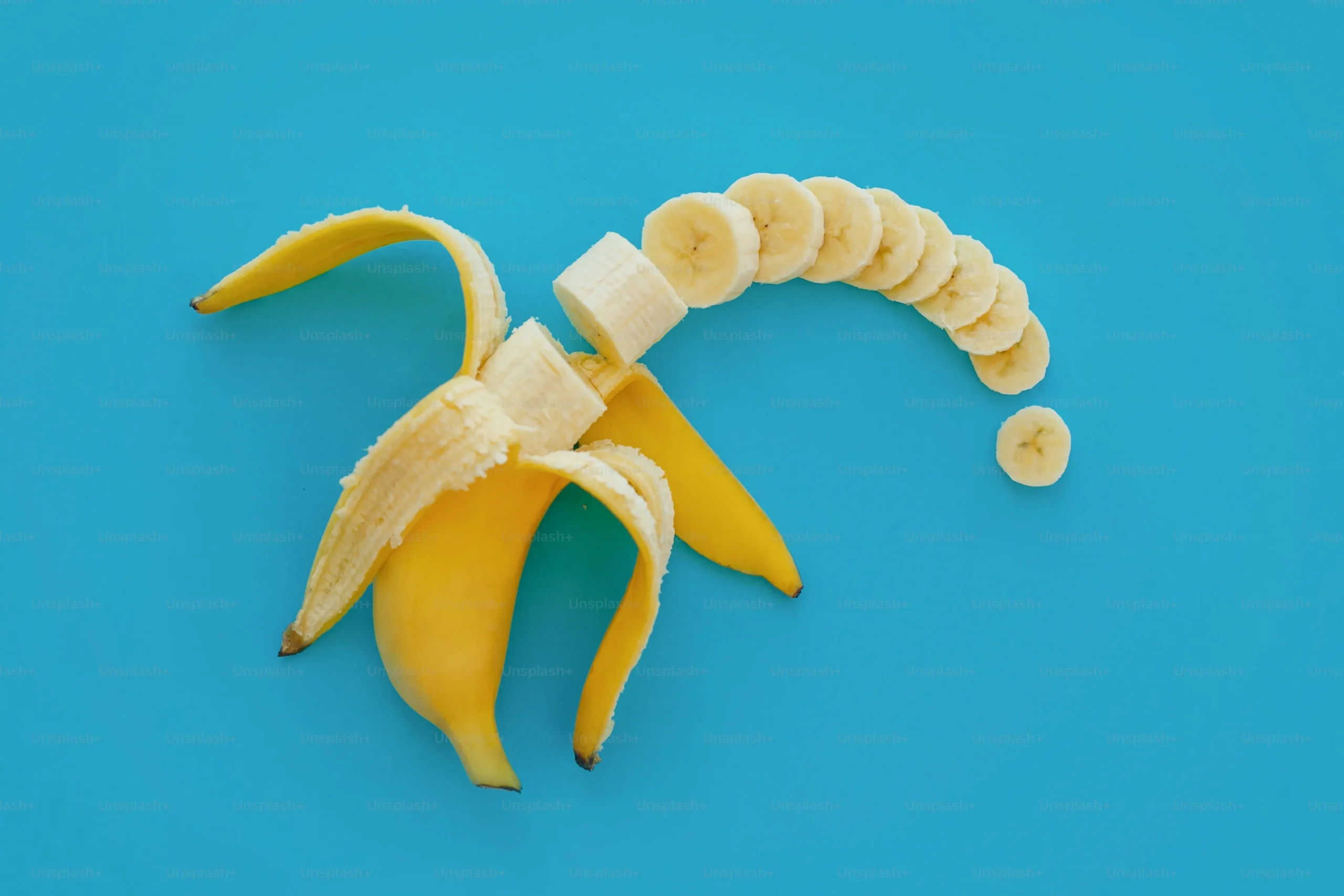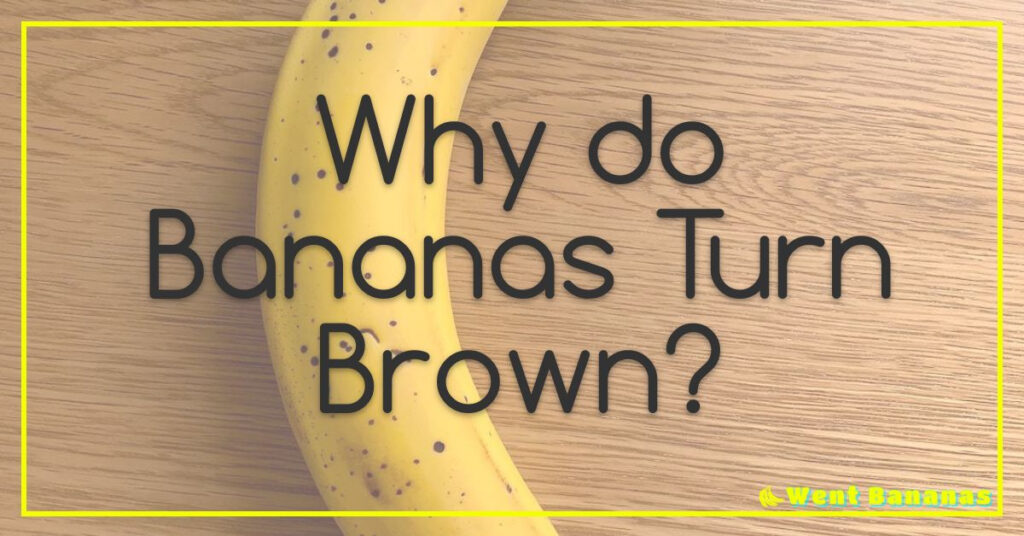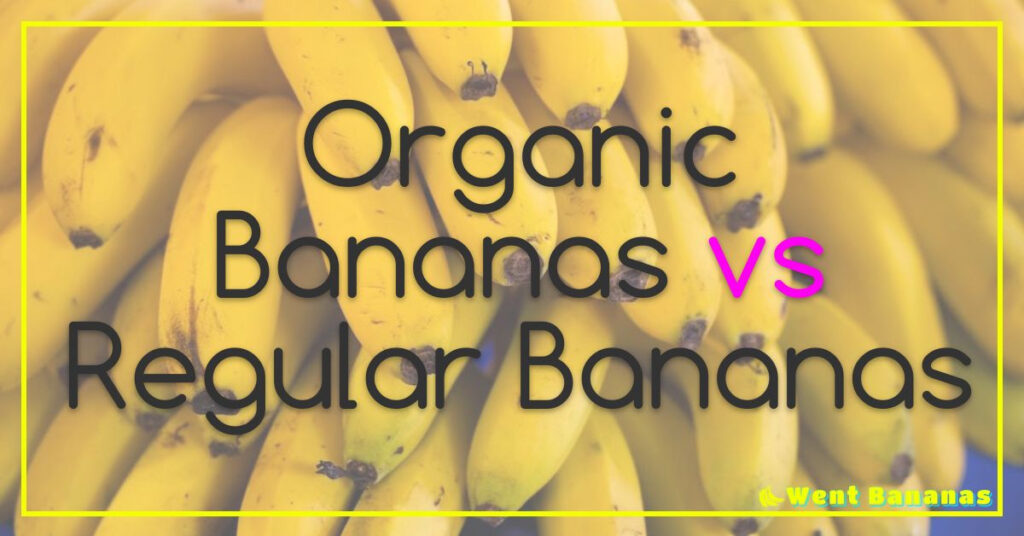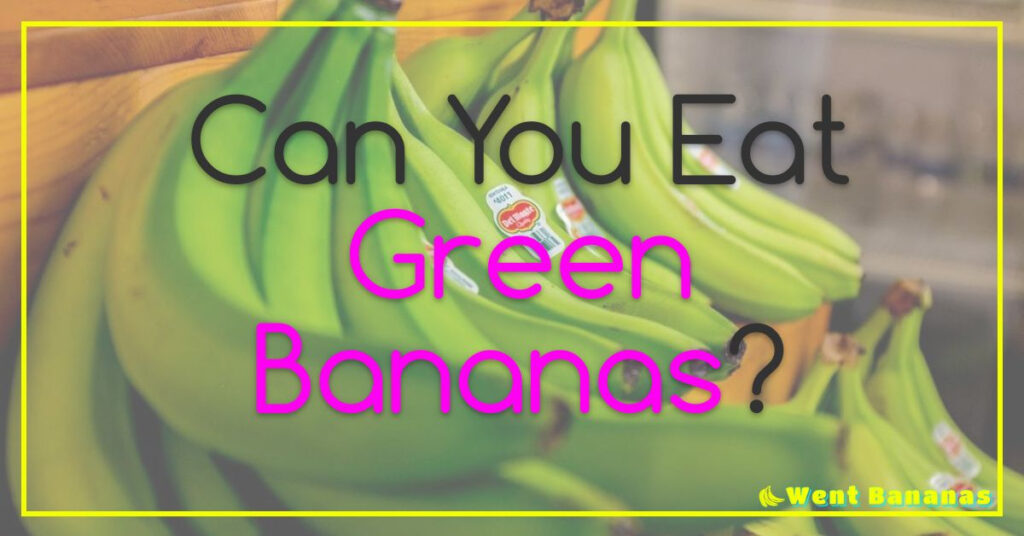All You Need to Know About Black Bananas: Are They Safe to Eat?
Bananas are one of the most popular fruits in the world, consumed by millions of people every day. However, have you ever wondered what happens if bananas turn black? Can you still eat them, or should you toss them in the trash? In this article, we’ll explore everything you need to know about black bananas, including what causes them to turn black, whether they’re safe to eat, the nutritional value of black bananas, ways to use them in recipes, and tips for preventing them from turning black. So whether you’re a banana lover or just curious about the topic, keep reading to learn more!
What causes bananas to turn black?
Have you ever wondered why your once bright yellow bananas are now turning a dark shade of black? Fear not, as this is a natural process that occurs as the bananas ripen.
Bananas contain an enzyme called polyphenol oxidase, which reacts with oxygen in the air to form melanin. This is what causes the banana’s skin to turn brown or black. The more ripe the banana, the more melanin it produces, hence why heavily spotted bananas are often sweeter and softer than their unripe counterparts.

It’s important to note that while blackened bananas may not look as appealing, they are still perfectly safe to eat. In fact, some people even prefer them this way due to their heightened sweetness and creamier texture.
However, if you notice any signs of mold or a foul odor coming from your bananas, it’s best to discard them as they may have gone bad. It’s always better to err on the side of caution when it comes to food safety.
So next time you see a bunch of blackened bananas sitting on your kitchen counter, don’t be so quick to throw them away. Embrace their natural transformation and enjoy their deliciously sweet flavor in all its ripe glory!
Is it safe to eat black bananas?
When it comes to bananas, the question of whether black bananas are safe to eat is a common one. While the appearance of a blackened banana may be off-putting to some, it doesn’t necessarily mean that the fruit is no longer edible.
In fact, black bananas can actually be quite nutritious. As a banana ripens, its starches break down into sugars, making it sweeter and easier to digest. The darker the peel becomes, the more antioxidants and other beneficial nutrients it contains.
However, there are some cases where a blackened banana may not be safe to eat. If the fruit has mold growing on it or if there are signs of rotting or spoilage (such as an unpleasant odor), then it’s best to err on the side of caution and discard it.
It’s also worth noting that individuals with certain health conditions (such as diabetes) may need to limit their intake of ripe or overripe bananas due to their high sugar content. As with any food, moderation is key.
In summary: while black bananas may not look appetizing at first glance, they can still be perfectly safe and healthy to consume in many cases. It’s important to use your senses (smell and sight) when evaluating whether a banana is still good to eat or not.
The nutritional value of black bananas.
Black bananas may not look as appetizing as their yellow counterparts, but they can actually be a nutritional powerhouse. Contrary to popular belief, black bananas are not bad for you – in fact, they can offer several health benefits.
As bananas ripen and turn black, their starches break down into sugars. This process not only makes them sweeter but also easier to digest. Black bananas are also richer in antioxidants and contain higher levels of serotonin, which helps regulate mood and improve sleep quality.

Additionally, the high levels of fiber found in black bananas can aid digestion and promote feelings of fullness – making them a great snack option for those looking to maintain a healthy weight. And since they’re rich in potassium and other essential vitamins and minerals, black bananas can help support heart health and boost overall immunity.
So next time you see a bunch of blackened bananas at the grocery store or on your kitchen counter, don’t throw them away! Instead, consider using them in smoothies or baking recipes for an added nutritional boost.
Ways to use blackened bananas in recipes.
Many people are quick to toss out bananas once they start to turn black, assuming that they are no longer good to eat. However, the truth is that black bananas can be a valuable ingredient in many delicious recipes.
When bananas become overripe and develop dark spots on their skin, their natural sugars begin to break down and concentrate. This makes them ideal for baking sweet treats like banana bread, muffins, or pancakes. The sweeter flavor of black bananas also works well in smoothies or as a topping for oatmeal or yogurt bowls.
But don’t stop at sweets – black bananas can also add depth and complexity to savory dishes. Try mixing mashed banana into meatballs or burgers for added moisture and sweetness. Or use it as a substitute for oil in salad dressings or marinades.
For those who prefer a bit of spice in their meals, try making banana pepper jelly with black bananas as the base ingredient. And if you’re feeling adventurous, experiment with using black bananas in unconventional ways like adding them to curry dishes or making banana chips coated in spices like cumin or paprika.

So next time you see those dark spots on your bunch of bananas, don’t throw them away! Instead, get creative and discover all the delicious ways that black bananas can enhance your cooking repertoire.
Tips for preventing bananas from turning black.
Bananas are a popular fruit enjoyed by many, but their tendency to turn black can be a cause for concern. While some people believe that black bananas are bad and should be thrown away, this is not necessarily true.
The color of a banana’s skin does not always indicate its ripeness or quality. In fact, bananas that have turned black on the outside may still be perfectly ripe and delicious on the inside. This is because the process of ripening causes the starch in bananas to break down into sugar, which can sometimes lead to discoloration.
To prevent your bananas from turning black too quickly, there are several tips you can follow. First, store your bananas in a cool and dry place away from direct sunlight. This will help slow down the ripening process and keep them fresher for longer.
Another tip is to separate your bananas from other fruits and vegetables. Bananas release ethylene gas as they ripen, which can cause nearby produce to spoil faster. By keeping your bananas separate, you can help prevent them from accelerating the spoilage of other items in your fridge or pantry.
Finally, if you want to speed up the ripening process of your bananas without causing them to turn completely black, try placing them in a paper bag with an apple or tomato for 24-48 hours. These fruits also release ethylene gas and can help accelerate the natural ripening process without causing discoloration.
In conclusion, while it’s important to pay attention to food safety when it comes to produce like raw meat or dairy products that have gone bad; when it comes to blackened (but otherwise healthy) fruits like ripe bananas – don’t judge them
Check out our other articles to find out even more about banana.
Black bananas are a perfectly safe and nutritious snack for you to enjoy! Although the outside may look unappealing, these sweet treats can be used in numerous recipes or just eaten on their own. To find out even more about this delicious fruit, be sure to check out our other articles!











